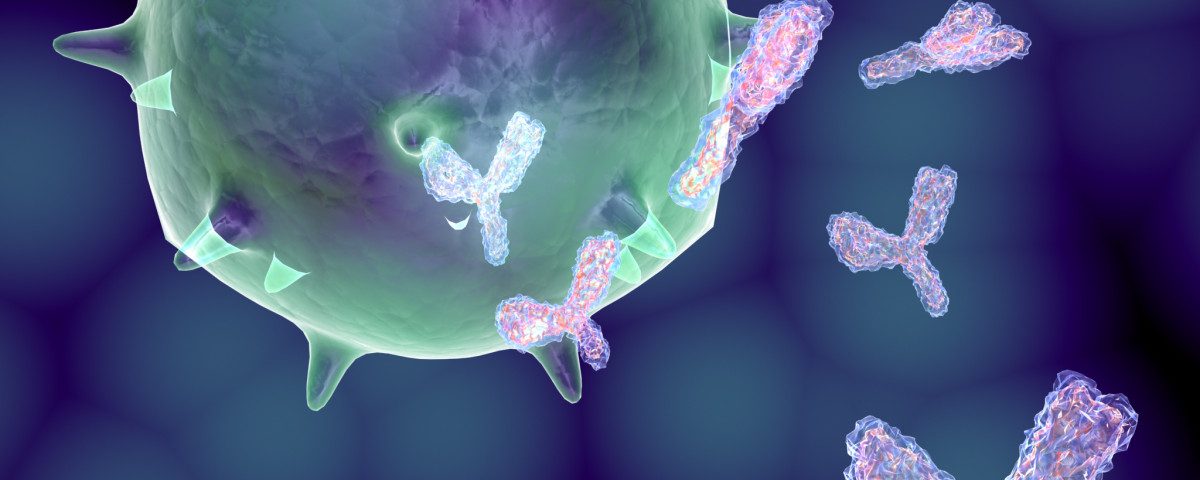Production of autoantibodies against a particular protein called bactericidal/permeability-increased protein (BPI) is strongly associated with chronic Pseudomonas aeruginosa infection in patients with bronchiectasis, a study has found.
BPI is an anti-microbial protein that normally helps to protect the airways from Gram-negative bacteria infections.
The study, “Autoimmunity to bactericidal/permeability-increasing protein in bronchiectasis exhibits a requirement for Pseudomonas aeruginosa IgG response,” was published in the European Respiratory Journal.
Bronchiectasis is a chronic disease that affects the airway microenvironment and immune response, making patients more vulnerable to bacterial infections, including those triggered by Haemophilus influenzae and P. aeruginosa.
In cystic fibrosis (CF) — another condition in which patients are more likely to develop P. aeruginosa infections — the production of BPI autoantibodies — harmful antibodies that target the body’s own healthy tissues and organs — is at least partly to blame for the inability of a patient’s immune system to fight infection.
In this sense, the airways’ permissiveness to infection by P. aeruginosa in bronchiectasis patients is likely to follow a similar path to that seen in CF patients.
To explore this hypothesis, investigators set out to determine whether bronchiectasis patients also produce BPI autoantibodies, and if so, what the link could be between BPI autoreactivity and chronic P. aeruginosa infection in the lungs.
They first measured the levels of BPI autoantibodies present in the serum of two different groups of bronchiectasis patients: one consisting of 16 individuals from the Dartmouth Hitchcock Medical Center in Lebanon, New Hampshire, and the other with 42 individuals from the Oregon Health & Science University in Portland, Oregon.
The investigators also measured the levels of antibodies produced in response to the presence of P. aeruginosa in the lungs.
Data revealed that in both groups of bronchiectasis patients, there was a strong relationship between BPI autoreactivity and the levels of antibodies produced in response to P. aeruginosa.
“These findings represent the first report of anti-BPI autoimmunity in BE [bronchiectasis] patients in the United States and indicate that autoreactivity to BPI develops specifically in the context of chronic P. aeruginosa infection,” the researchers wrote.
A retrospective study enrolling a new group of 34 bronchiectasis patients further strengthened these observations by showing that “the autoimmune response to BPI follows the same temporal pattern as the [immune response] response to P. aeruginosa,” according to the team.
“Autoimmune responses to BPI hinder its bactericidal and anti-inflammatory functions to facilitate colonization/infection by P. aeruginosa. Thus, … these autoantibodies may play a causal role in the perpetuation of infection,” the researchers concluded.
“Strategies which eliminate anti-BPI reactivity may enhance clearance of P. aeruginosa leading to improved airway function and clinical outcomes,” they wrote.

